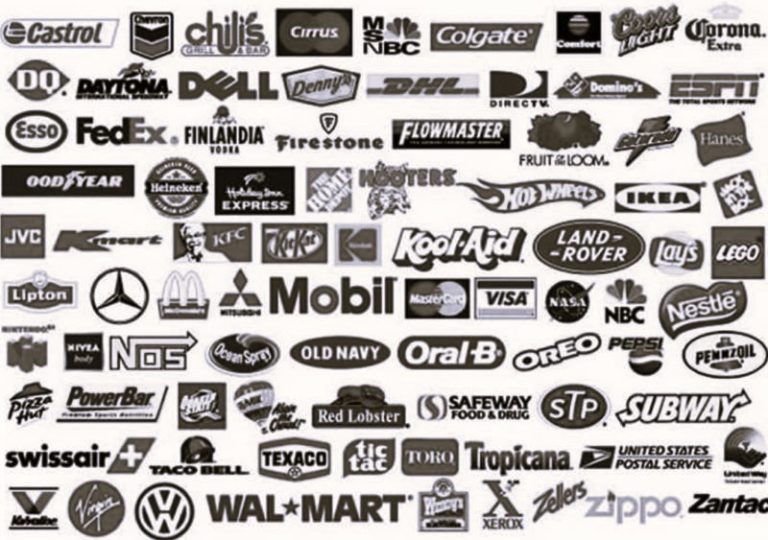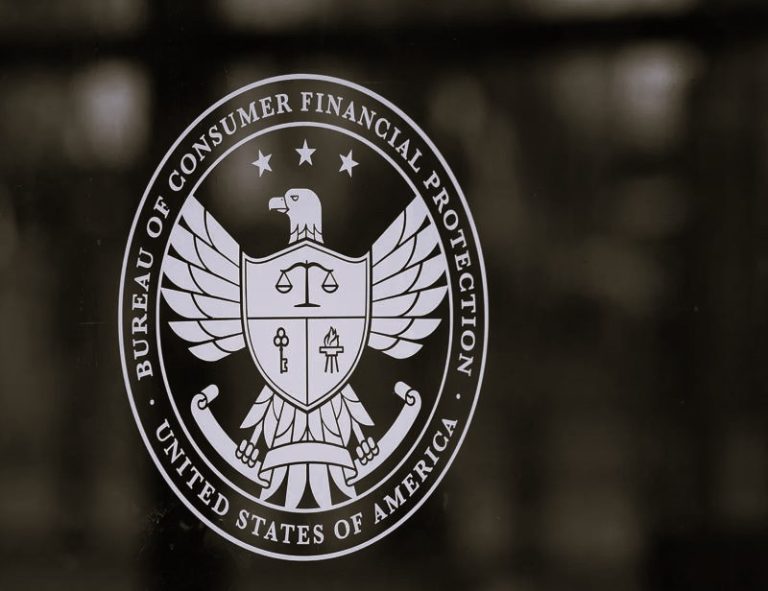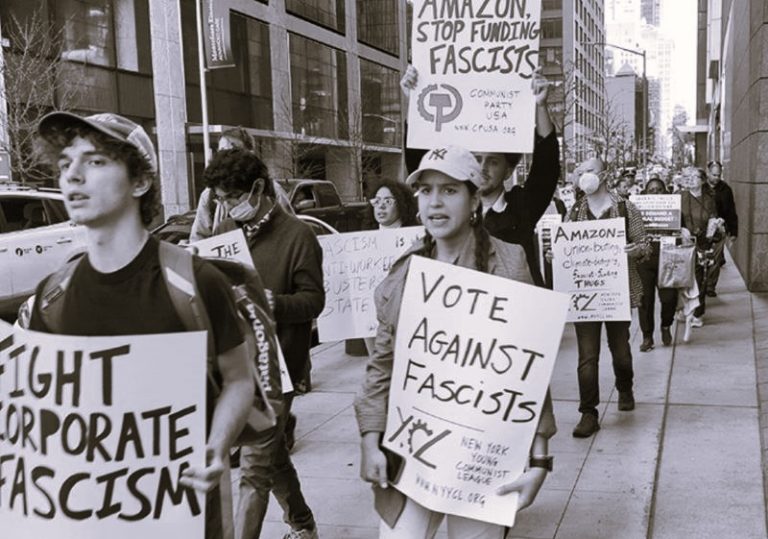


By Rebecca Wolf
Senior Organizer, Factory Farm Team
Food & Water Watch
A record amount of pork was shipped to China in April, according to Smithfield’s export data — the very same month the company cried wolf about a waning pork supply to the American public.
Thanks to lies like that the pandemic has exposed how unjust the fundamental structure of our country’s food system is. From conditions for workers in meat processing plants to the treatment of animals on factory farms, food and factory farm systems have been under intense discussion and outrage like never before. Our modern industrial food system, long lauded as the engine that feeds the world, is being exposed for what it truly is — a highly corporatized, Big Ag welfare racket.
But the financial crisis facing American farmers, the degradation of our shared water and air, and the exploitation of animals in this system is neither inevitable or normal. It’s the result of the corporations controlling our food system going unchecked for decades.
Our Community Is Fighting Back Through The Farm System Reform Act
The lines have been drawn between Big Ag and the rest of us. While our food system’s chaos poses a wicked problem, there is some good news. At the end of 2019, Senator Cory Booker introduced the Farm System Reform Act. Since then, Senators Elizabeth Warren (D-MA) and Bernie Sanders (I-VT) have co-sponsored the legislation. It’s fitting that these three lead the fight in the Senate; they spent much of their time on the campaign trail getting to know community members and farmers in Iowa and people across the country living with the bleak realities of our current food system.
In a recent letter to Congress, nearly 300 diverse groups called for the swift passage of the groundbreaking bill, which proposes banning factory farms and includes a series of key reforms to rein in corporate power and build a food system that works better for regular people. Hundreds of thousands of people across the country have written or called their elected officials and urged them to co-sponsor this legislation.
This Bad, Corporatized Farm System Didn’t Happen By Accident
With all the demands for change, why do we still have a system that is bad for farmers, bad for animals, bad for workers and bad for consumers?
We didn’t get here by accident. This unjust system was intentionally created to benefit the biggest players — Smithfield, Perdue, etc. – at the expense of small farmers and consumers. Our elected leaders, influenced by Big Ag money, helped create these situations:
- We don’t enforce environmental laws. The Clean Water Act is a federal law meant to control pollution from factory farms, but lax regulations by the U.S. Environmental Protection Agency and state governments (such as in this recently filed Idaho lawsuit) provide legal cover for factory farms to illegally pollute.
- We have a disproportionate amount of cheap corn from corrupt Farm Bills. Take for example, the 1996 Farm Bill’s Freedom to Farm initiative, which removed supply management of commodity crops and allowed farmers to produce endlessly. With no management and high crop prices, markets were flooded with cheap corn.
- We don’t enforce antitrust laws. In just one example, in 2017, a merger between agricultural input giants Bayer and Monsanto created an almost near monopoly in the industry, far exceeding the antitrust agencies’ merger guidelines.
Corporate-Friendly Politicians Allow These Harms To Continue
The stranglehold these huge multinational corporations have on our food and farm systems has devastating impacts far beyond the food that reaches our dinner tables. This highly industrialized and consolidated food system has left thousands of independent farmers unable to compete and pushed them out of business — and has pushed many of them off of their land. It’s extracted wealth from our rural communities, caused increased outmigration from rural places, and ruined the quality of life for people living near factory farms and slaughter and processing facilities.
In spite of these harms, plenty of our leaders still work to help corporations keep their control. Iowa Senators Chuck Grassley and Joni Ernst are so beholden to the pork industry that they blame God (aka wind and rain) for nitrogen and phosphorus pollution from factory farms and insist on keeping regulations voluntary. Often, politicians like these say people outside the Farm Belt shouldn’t intervene. But the Farm System Reform Act is at the heart of saving America’s farmland and farm economy from the current corporate oligarchs that control it, and that’s what matters.
The Farm System Reform Act Goes Even Deeper
In addition to banning factory farms, this bill proposes to:
- Transition existing factory farm operations and contract growers into diversified operations to serve regional markets. This assistance would be available to operators who want to raise pasture-based livestock, grow specialty crops, or grow organic commodity crops.
- Restore the Packers and Stockyards Act to level the playing field for farmers and help small independent farmers compete. In the last four years, the Trump administration has plotted to throw these rules out.
- Restore country-of-origin labeling for pork and beef and expand labeling to include dairy products. This would protect our farmers from a worldwide “race-to-the-bottom” market.
- Hold integrators like Smithfield Foods responsible for the waste produced by animals on their factory farms, instead of just the contract farmers they direct.
The Farm System Reform Act is the solution we need right now, and advocates are lining up behind it. Farm groups, animal welfare groups, environmental, youth and public health groups all agree — passing the Farm System Reform Act is critical to overhauling our food system.
The excitement and support for this bill caught on in the House of Representatives, too. Earlier this year, Representative Ro Khanna (D-Ca.) introduced the House version (HR 6718) of the legislation, with an ever-growing co-sponsor list. He held a briefing for Congressmembers with leaders and activists to build momentum. You can watch the video of leaders:
Help Us Pass This Bill To Finally Stop Corporate Farm Control
There is real promise for transformational change in our food system when we design a vision for our future that includes everyone. For much of our lifetimes, all we’ve known is ever-consolidating corporate agriculture. But the promise of a healthy, regional, diversified food system that is good for all people, animals and the planet is ours if we commit to building the power to win — and passing the Farm System Reform Act.
Published by Common Dreams, 09.27.2020, under the terms of a Creative Commons Attribution-Share Alike 3.0 license.






